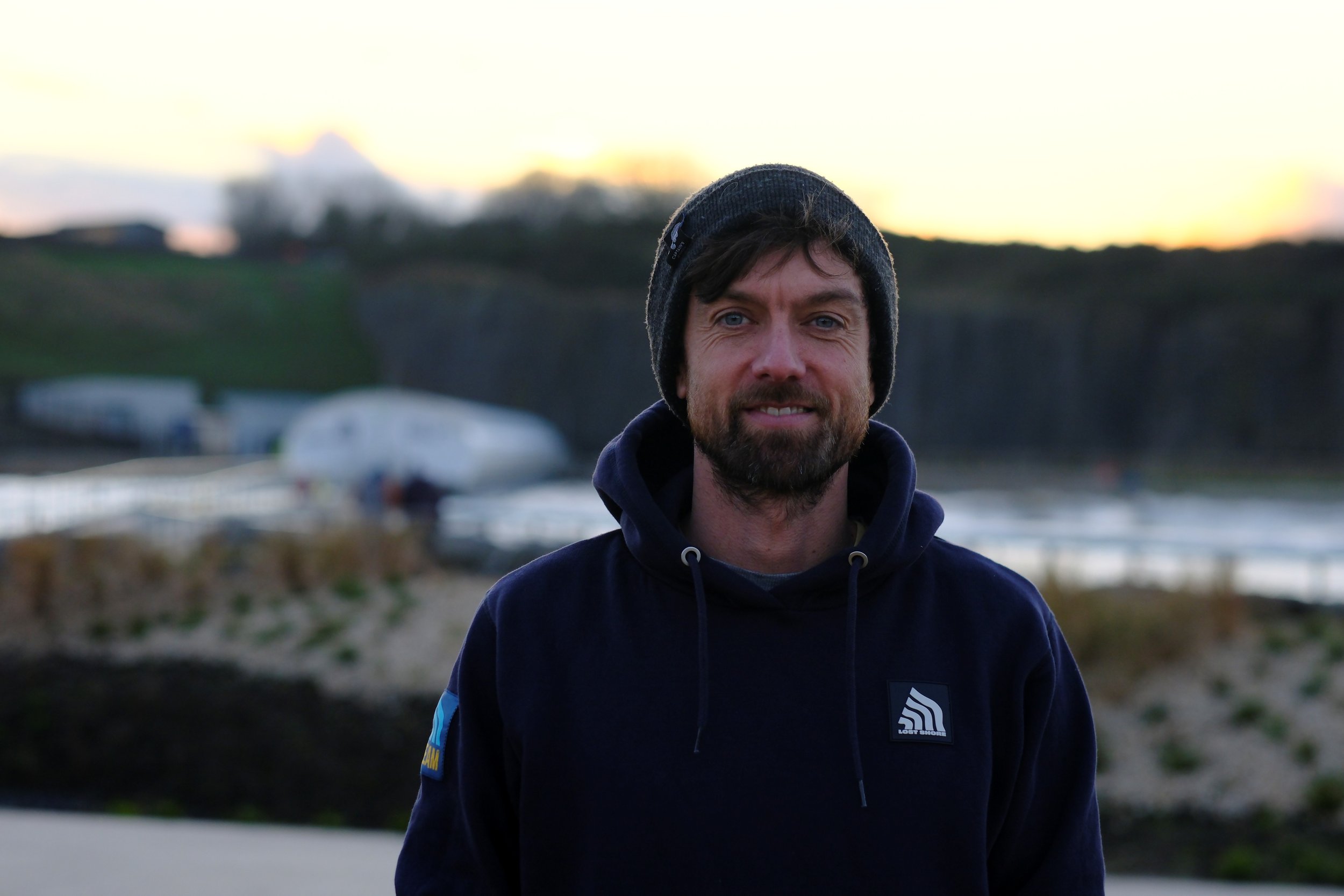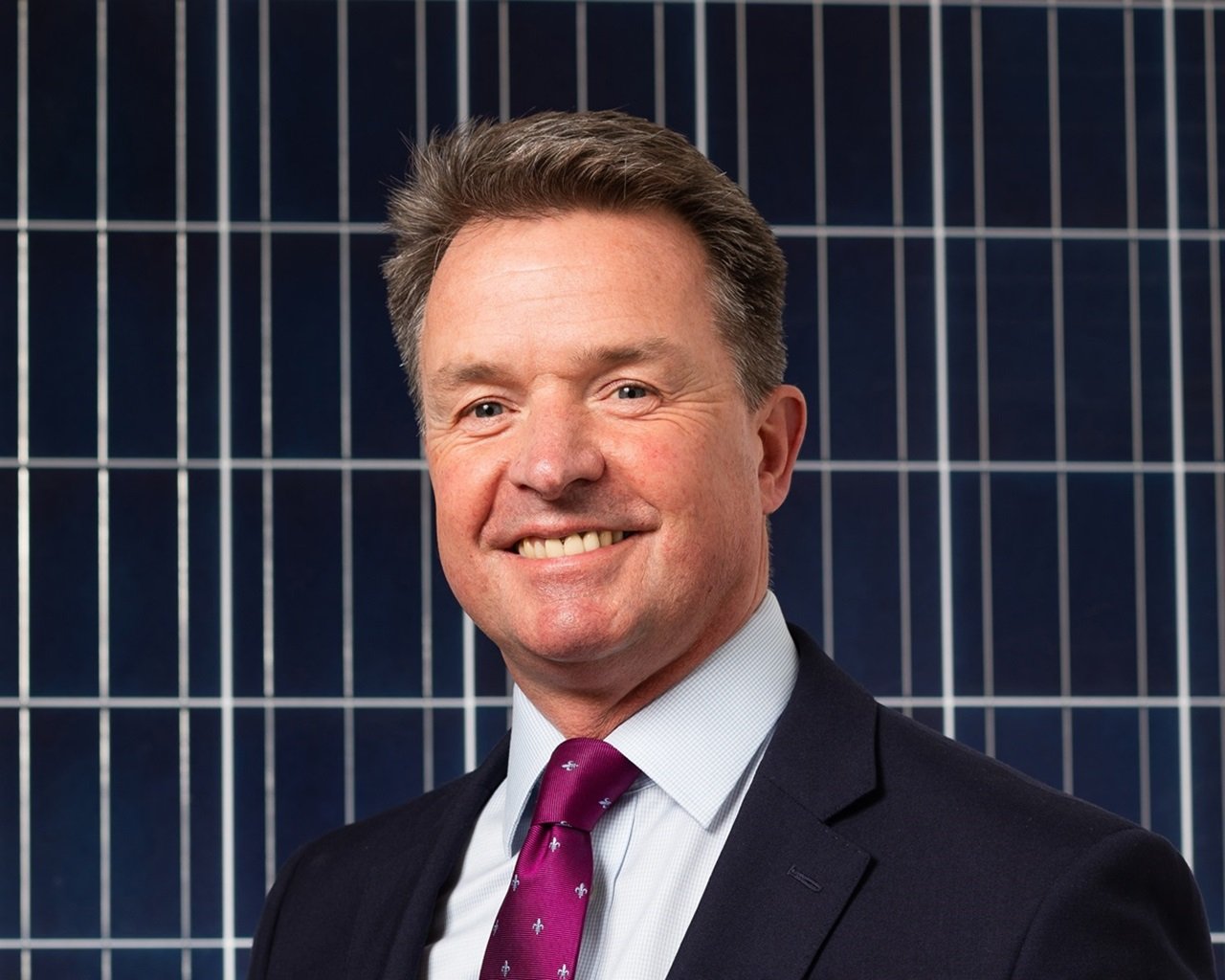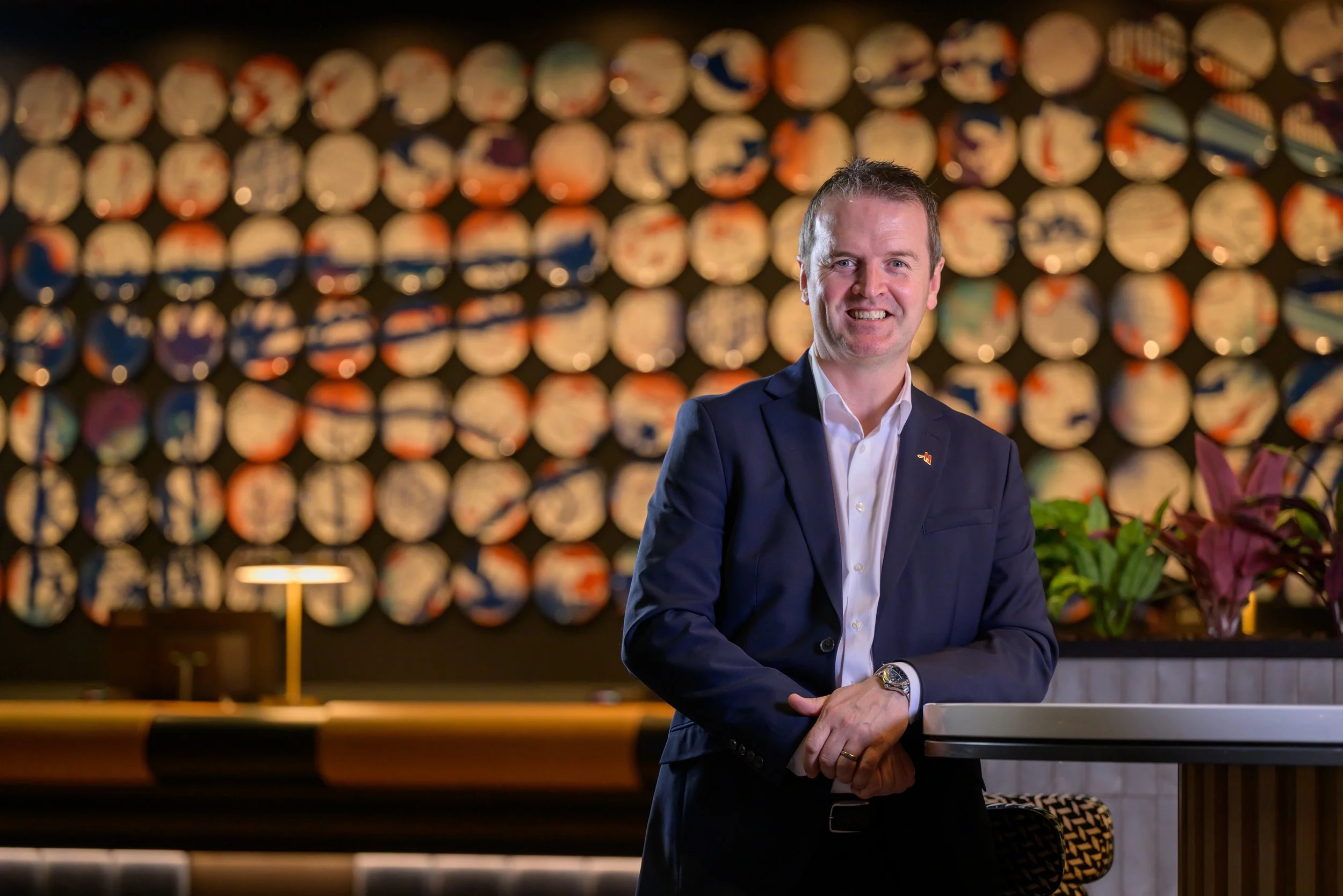ESG helps create robust businesses that can deliver not for profit goals
The only thing I love more than being on a surfboard is taking the opportunity to be an ambassador for the sport’s development in Scotland. My recent ambassadorial trip to California to speak at the International Surf Therapy Organisation’s conference on mental health was one of my best experiences of being able to showcase Scotland to the world.
It is one of the perks of being the founder of Wavegarden Scotland, the country’s first inland surfing destination which is under construction in Ratho near Edinburgh. I was invited to Los Angeles due to this role and also our investment in surf therapy, a treatment recognised by the NHS as an effective form of therapy for people at risk of mental ill-health which is also used by some branches of the emergency services in the UK as therapy for serving staff. Our ambition is that everyone in the UK will have an awareness of surf therapy in coming years.
The audience was truly global and I was pleased with how keen leaders in the field were to hear about a for-profit company like ours truly embracing the benefits of charitable work within our core business plan. Our view is that the relationship between companies and non-profit organisations is one that can be beneficial to both parties. When done correctly, I see this type of partnership as having a positive impact on society as a whole.
Our ESG experience is supported by PWC’s latest UK Investor Survey which says, “ESG is becoming a critical component of investment decision making”. Likewise, a report published this month from Harvard Law School Forum on Corporate Governance states, “large investors have expressed a strong belief that certain ESG factors can have a material impact on a company’s long-term financial health, and there are no signs that investors are backing away from that stance.”
We have seen this first hand, with our funders impressed by the authenticity we have shown over many years to make real strides in our efforts to deliver platforms from which our ESG goals can be met. They are aware that even without their support we would be pressing ahead with our ESG work because if done authentically, ESG projects can boost a company’s image as a good corporate citizen.
The cornerstone of our commitment to ESG so far has been in the form of surf therapy, specifically the financial support provided to Jamie Marshall to study his doctorate. Now, Dr Marshall is the world’s first, and still only, surf therapy doctor. When Wavegarden Scotland opens in a few years, we will launch a hub for therapeutic practice, led by Jamie.
Surf therapy is the jewel in our ESG crown, but of course we are benefiting from it too. If anything, the £5,000, when we had limited resources, is an investment we expect to see returned several times over. My invitation to California would have been unlikely had it not been for our investing in Dr Marshall, and while there I was asked to visit the headquarters of the International Surfing Association.
A business with ESG at its heart should, I believe, attract more customers if they see it as having a worthy cause. This is key because in order for businesses to do much of their charitable work they require plenty of money to support their ambitions.
For Wavegarden Scotland, ESG is providing the symbiotic relationship required to deliver not for profit goals while developing a robust and investable business. I hope CEOs throughout Scotland will be convinced of the merits of making ESG an integral part of their corporate strategies.
Andy Hadden is co-founder of Tartan Leisure Ltd, developers of Wavegarden Scotland and a director of the Scottish Surfing Federation







